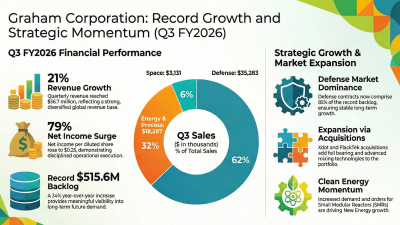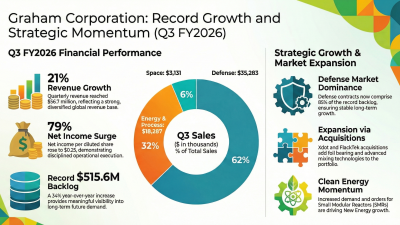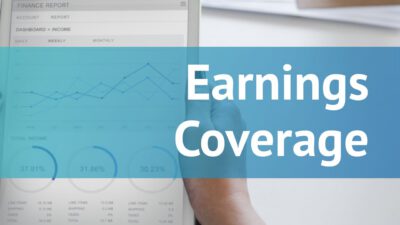ADVERTISEMENT
Featured
Centene Corporation Earnings Call Transcript
Centene Corporation (NYSE: CNC) Q4 2025 Earnings Call dated Feb. 06, 2026 Corporate Participants: Jennifer Gilligan — Senior Vice President,...
47 minutes ago
Camden Property Trust Reit Earnings Call Transcript
Camden Property Trust Reit (NYSE: CPT) Q4 2025 Earnings Call dated Feb. 06, 2026 Corporate Participants: Kim Callahan — Senior...
Latest Transcripts
View All
CNC
$CNC
Centene Corporation
Q4 2025 Earnings Call
Status
Pending
CPT
$CPT
Camden Property Trust Reit
Q4 2025 Earnings Call
Status
Pending
ASB
$ASB
Associated Banc-Corp
Q4 2025 Earnings Call
Status
Pending
WEC
$WEC
WEC Energy Group, Inc
Q4 2025 Earnings Call
Status
Pending
AVY
$AVY
Avery Dennison Corporation
Q4 2025 Earnings Call
Status
Pending
CSX
$CSX
CSX Corporation
Q4 2025 Earnings Call
Status
Pending


